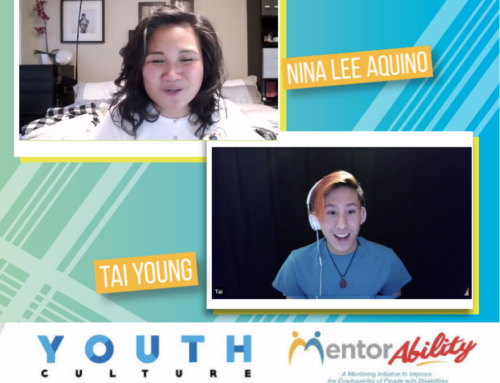As a well-informed teenager who strives to promote advocacy in the community, it has become abundantly clear that social media has become the most powerful source of news for my generation. Almost half of the Canadian population gets their news from social media and the percentage of millennials is even higher. Social media has become the biggest platform to learn and voice our thoughts about current, global events such as the BLM movement and Yemen Crisis. This revolutionary tool for staying up-to-date with the world does, however, come with its advantages and concerns— but first, let’s delve deeper into how this platform has evolved to its current degree of influence.
BACKGROUND
The bias and limitations of the content from many official news outlets is something our generation has become well aware of and accustomed to. Often, the typical news sources on our television or car radio seem to be filtered through the government and by political values that hinder the information’s objectivity. In addition, I like to refer to this generation of youth as advocates. More so now, than ever has there been such a crowd that wants to change the traditional stigma around a diverse set of social issues, and who actively looks for avenues to educate themselves and share their voices.
However, there seems to be this disconnect with information youth are passionate to shed light on, and what is being displayed on official news outlets.
The media does not seem to share that same sense of urgency and passion. Much of their platform seems dry in regards to background information and ways to take action on issues youth are desperately bringing attention to such as the BLM movement, Yemen Crisis and Muslim concentration camps. This is why this generation turns to social media. In the online world, breaking news and updates regarding what is happening from beyond borders is easily accessible in a timely manner.
Through social media, individuals are able to learn and share information about issues that directly resonate with them and to the extent that news outlets typically cannot go into. The online content also seems to be more believable as you can often differentiate from the honest information and scams. Usually, if there is something of this sort, someone on social media is able to let everyone else know and ensure the post does not inflict more harm on the issue. Additionally, the information shared is done in a concise manner with visuals such as with photos that media outlets may tend to avoid. With the lower attention spans nowadays, youth only spend about 10-15 seconds on an article if at all, therefore social media gets the message across in a way youth are more likely to learn from. Furthermore, social media algorithms have also tailored our feeds to the content we wish to see. Everything feels relevant and personal to us hence, why using these platforms is more enticing for youth than visiting official news sites.
Considering how accessible technology is today, there are very few obstacles that inhibit entry to social media. Each individual can have their own online platform that can be immensely influential without needing some form of authority or “privilege” to enter, like with traditional media channels— an aspect I believe much of the older generation fails to recognize and use to their advantage.
We are in a day and age of young individuals who do not wish to be silenced and do not ignore issues that don’t directly concern them.
Therefore, we are using the tools we have to make the difference we wish to see. Online, our platforms are more or less equal in terms of the technical options we have. No matter if you are a student at a local high school or a famous celebrity in Hollywood, each person is able to use the same features to post a picture on Instagram or tweet their thoughts on Twitter. Not everyone is given the opportunity to speak at the Parliament Hall, but we readily have access to social media and have seen the capability of going viral. Although going viral can bring concern, there is still some comfort in knowing that there is a way for “normal people” to be heard and make an impact.
ISSUES
Though it has its benefits, social media can easily be abused for its power. Anyone can comfortably say anything they desire and may not face any consequences. With the power to hide behind a screen, harmful threats and information can spread and make the situation worse. Thus, perhaps no matter the platform, whether it’s social media or official news outlets, this bias will always persist in the information we hear. Additionally, sometimes it also feels like our individual platforms on social media can only go so far in regards to making an impact. Though social media can have powerful effects, not every campaign is successful. For instance, no matter how loud people online seeking to get justice for Breonna Taylor are, it does not seem to be making a difference to the official authorities.
WHAT CAN WE DO?
In a generation where news travels almost at the speed of light online, every individual must understand their responsibility to ensure they support factual and authentic information.
We need better guidance on how to handle our online footprint and be able to identify fake news from the truth.
I believe we, as youth, can benefit greatly from learning from professionals directly associated with the content of the news and those working in the media industry itself, and vice versa, to achieve this goal. Many times we feel unheard by the older generation who does not seem to be willing to listen to what we have to say as our values conflict. We must work together with adults and professionals to be able to heighten our impact and learn from one another so we can most effectively amplify each of our voices with the powerful tools we have today.




